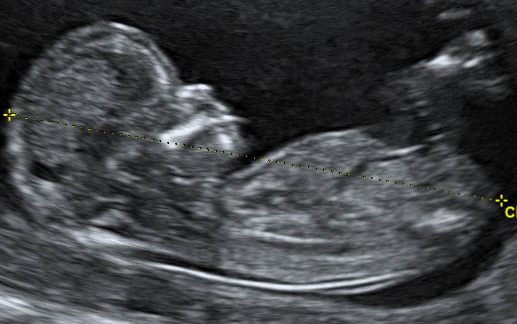James’ baby sons are growing up without him. He’s missing all of their first milestones: the gurgles, the smiles, the kicking legs.
They are separated by 2,700 km and changing Cambodian surrogacy laws that have stranded the twin boys in Phnom Penh—one family among many facing an uncertain future after the government’s snap decision to ban the practice.

Two months after a surrogate mother delivered his sons in a Cambodian hospital, James returned to his job in Shanghai. He left his boys in the care of his parents, who moved to Phnom Penh from China, not knowing when or if he will be able to bring them home.
The uncertainty grew this week when government officials backed away from previous assurances that parents who had used Cambodian surrogates would be allowed to take their children home if they stepped forward.
Far away, with little information about the changing legal situation, James, 33, a single father who asked not to use his real name, is feeling increasingly helpless and forlorn. The separation is taking its toll.
“I miss them so much and I love them,” he said.
James, who is gay—but not open with his parents about his sexuality—has seen his hopes of becoming a father derailed by bad timing.
A month before the twins were born, Health Minister Mam Bunheng made global headlines in November when he announced an abrupt ban on all surrogate pregnancies. The order sent agents, brokers and hundreds of pregnant Cambodians and new parents scrambling for answers—many of which still have not come.
James, who has invested more than $40,000 in his quest for children, said his decision to engage a Cambodian surrogate mother and an egg donor from Georgia, a country straddling Eastern Europe and Asia, was not made easily.
“Most of my friends, real friends, and colleagues know I’m gay, but my parents, they don’t,” he said by telephone last week.
“They always tell me that ‘You need to have [a] baby because you are getting old and you need your baby to support you…. Otherwise you’ll end up living a very miserable life when you get old.’ That is a Chinese tradition,” he said.
Surrogacy, he decided, was his best option. Two years ago, he searched online for a surrogacy agent that did not discriminate against same-sex or single parents.
He found one in Georgia, which arranged for a surrogate in Cambodia.
“There are some cases of failure, but I got success in the first installation, so I was very lucky. It was so exciting to know that I was going to have a baby. Moreover, I’m going to have a baby boy,” James said.
“In China, even though I don’t have a bias as to whether it is a boy or a girl, for my parents, they [believe] boys are much better than girls, so after I knew it was baby boys, it was just so exciting.”
But by the time James and his mother flew to Phnom Penh for the birth of his boys, authorities had begun to crack down on the sector, charging Australian nurse and Bangkok-based agent Tammy Davis-Charles and two Cambodian associates for their role in connecting surrogate mothers with foreign parents.
Government officials have described surrogacy as a form of human trafficking and continue to investigate the practice, but have yet to decide on how they will respond to foreign parents who are stuck in the country, unable to leave with their children.
Initially, the authorities were supportive of parents and surrogates, saying that neither would be prosecuted in the fallout. Chou Bun Eng, secretary of state with the Interior Ministry and vice chair of the government’s committee to combat human trafficking, said foreign couples would be allowed to take their children home as long as they came forward.
“We want to see responsibility. If the babies leave the country with good parents and care, we won’t mind it,” Ms. Bun Eng said.
Those guarantees no longer appear to be in place after an about-face this week in which Ms. Bun Eng stated that she could not promise how cases would be resolved, except that they would be handled “according to Cambodian law.”
That leaves James, who has not yet identified himself to Cambodian authorities, and dozens of other parents at the mercy of a government with no clearly defined way forward.
James says the Chinese Embassy in Phnom Penh has been unwilling to help. Commercial surrogacy is also illegal in China.
“We are Chinese citizens, but our embassy has never helped and they just want to pretend that nothing has happened,” he said.
Questions put to the Chinese Embassy earlier this week were referred to its consulate office, which could not be reached.
James’ father arrived in Cambodia later, and his parents, who do not speak Khmer or English, have moved together into a rented apartment building in the capital occupied by other Chinese families with surrogate babies who are also stuck in the country.
“I have to pretend that everything is under control so they are relieved,” he said. “I really care about my mother and I feel guilty that I put my mom in that situation. It is very hard to take care of two newborn twins.”
Meanwhile, in Shanghai, James says he is considering options for getting his children home, but they are all risky.
“When I last saw my mother, I promised them they would get back to China as soon as possible,” he said. “All we need is to leave with the babies carefully.”



